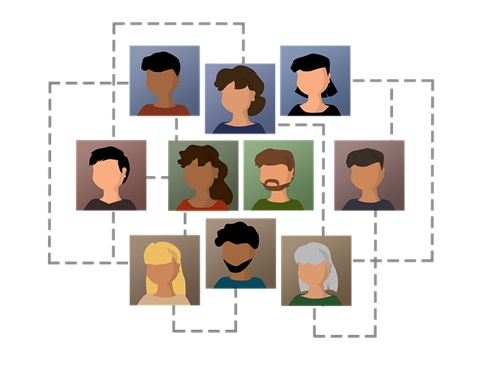Entrepreneurs must navigate a patchwork of federal and state laws on discrimination and retaliation, wages and hours, workers' compensation, unemployment insurance, and more. Smart HR practices are a must to avoid costly claims.

Entrepreneurs must navigate a patchwork of federal and state laws on discrimination and retaliation, wages and hours, workers' compensation, unemployment insurance, and more. Smart HR practices are a must to avoid costly claims.

The more documentation you have supporting the decision to discipline or terminate the employee, the harder plaintiff's counsel will have to work, and the less inclined it may be to pursue an action.
| The What | The Why |
|---|---|
| Document! Document! Document! | If an employee is disciplined or terminated for violating a policy, document each step of the investigation. Keep copious notes of the facts underlying the claim and the steps taken to resolve it. This evidence is crucial to defending the company if it's sued. These cases are subjective: The main issue is why. The more documentation you have supporting the decision to discipline or terminate the employee, the harder plaintiff's counsel will have to work, and the less inclined it may be to pursue an action. |
| Pay Employees Properly | While the number of discrimination cases has waned in recent years, wage and hour claims have soared. The 1964 Civil Rights Act creates certain administrative hoops through which a litigant must jump before filing suit, but the Fair Labor Standards Act not only allows claimants to sue immediately but to do so collectively, meaning two or more workers can file the equivalent of a class action suit. These are very expensive to defend, giving the company an incentive to settle quickly. The plaintiff's bar knows a cash cow when it sees one. |
| Classify Workers Correctly | Not sure if a worker should be classified as an employee or independent contractor? The trend (thanks to New York and California) is for everyone to be presumptively considered an employee. Lawyers may yammer about the "Nine Factor Test", but the reality is the bureaucrats reviewing these claims are usually poorly-trained functionaries taught to consider everyone to be an employee. Even if the paper pushers get it wrong, the cost of finding an administrative law judge to correct a bad decision is often prohibitvely expensive. When in doubt, better to pay the worker a wage or salary than a lawyer to tell the government why you didn't. |
| Avoid the Retaliation Trap | It's not uncommon for a poorly-performing worker who sees the proverbial writing on the wall to make a baseless accusation of discrimination to deter the company from firing him. It's tempting, especially if the claim is frivolous, to tell the employee to take a hike. Don't. No matter how ridiculous the allegation, it goes through the same HR investigatory process. A friviolous discrimination accusation can become a viable retaliation claim if the employee is treated differently. |
| Have an Employee Handbook | If you have more than a few employees, have a handbook. It doesn't have to be lengthy or complicated, but it should explicitly codify nondiscrimination, anti-retaliation, and payroll policies, and cover key issues like leave and the process for investigating and resolving HR complaints. It's the first thing the EEOC or state human rights commission will ask to see if they initiate an investigation. Make sure you follow those policies to the letter every time. |